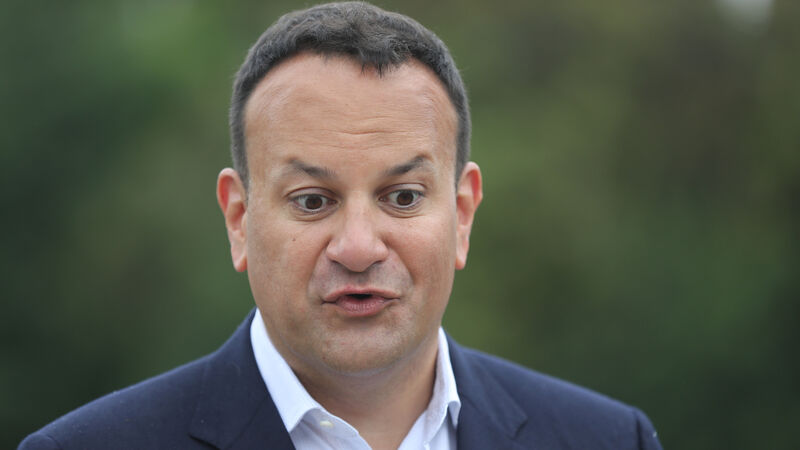Daniel McConnell: Varadkar's speech could see doubling down on differences in the North

Tánaiste Leo Varadkar: Sought and managed to do what all leaders hope to do in such a speech.
Rally their own troops, kick the Opposition for being hopeless, and suggest some mad and controversial idea that garners headlines and provokes a firestorm, thereby guaranteeing some noise around said conference.














